The danger when saying 'Be careful' to young children that parents need to pay attention to!
- 12 principles of teaching children of the Royal Family are worth learning
- 15 pictures illustrating the only things he can do
- 12 simple tips to be a good father
Whenever young children leave home to go out and play, every parent feels the need to protect their safety. Instinctively, parents will often tell them to be careful. They do this so they can absorb the sense of caution and help them not to be injured. However, this is an adverse reaction to telling children to ' be careful ' when going out to play.
When they ride with friends, parents say ' be careful '. When running around the playground, climb trees, use sharp tools during manual hours; instinctively parents will tell them ' be careful '.
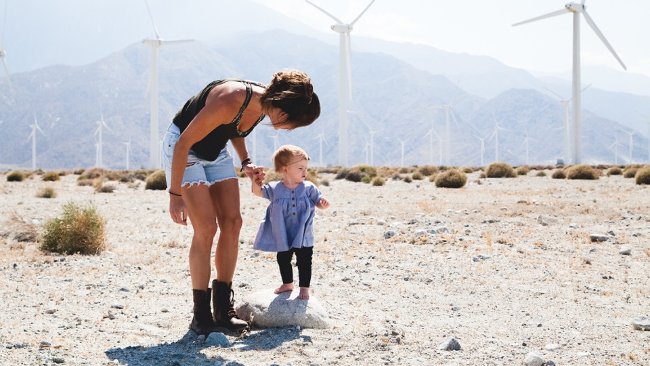
Parents are our guardians. In order to prevent children from injuring themselves, parents always try to use preventive language to keep children alert. The problem is that ' be careful ' is ambiguous and is used so often that children become immune to the phrase.
Join us in learning about the dangers of saying "Be careful" to young children that parents need to pay attention to!
Saying 'be careful' with children has become a habit
Because children need supervision and keep safe from their parents. However, when they grow up, they also need a bit of freedom. Parents cannot watch every step they take. Monitoring every day will be less and less, parents must find different ways to take care of them.
Some parents remind them to be cautious by offering alternatives. They can tell their children to walk instead of running on the road. When crossing the road, you must always pay attention from both directions. Please stop to let the car pass instead of trying to get ahead of them.
Besides, other parents choose to go off and say 'be careful' with young children.
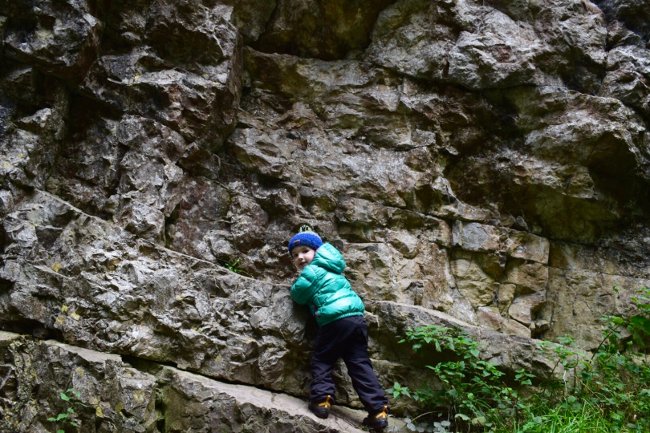
There is a reason parents often say to be careful with children as a habit. Since childhood, this familiar phrase must surely have been heard by all of us. It is simply a normal way to warn children. At home, parents will always tell you " be careful " when swimming or hanging out with friends. The teacher will tell you " be careful " when you run out to play during recess.
This seems to be nothing wrong. This phrase is always used for good purposes. That's why we have a habit of telling children to be careful when they engage in activities that can be dangerous.
Preventive words like ' beware ' only help when it is explained correctly . Otherwise, the simple phrase ' be careful ' doesn't seem to work anymore.
'Be careful' means so much that it means nothing
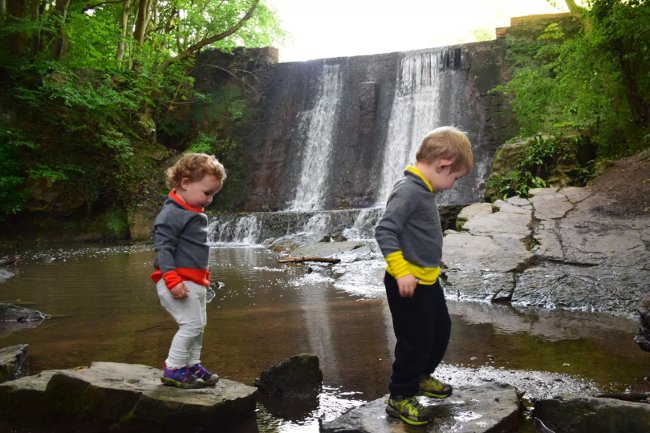
This phrase has many meanings, so much so that it is understood to mean nothing. Children do not understand what they need to worry about without detailed instructions. They need to be explained about what they need to be careful about and why they have to do so. What will happen if they are not cautious?
Moreover, if there is no accurate explanation, some children begin to think that everything around them is a danger. The ambiguity of the saying " be careful " can be interpreted as being cautious about everything. Everything is dangerous.
If this thought is implanted in them from a young age, it may be that when they grow up they will believe that there is nothing safe. They can become paranoid and meek. They will be less likely to participate in physical activities because they are likely to be injured. They won't step out of the safe zone because it's too scary.
Caution means standing from the outside

Children need to have the freedom to make mistakes and learn from mistakes . If you make them believe that nothing is safe, they will believe that the only way to survive and survive is to avoid risk by all means possible.
While safety is important, avoiding risks can harm your child's development. When young children are wrapped up in keeping themselves ' safe ', they may miss a lot of opportunities.
With always being careful, children will grow up and only participate in activities they are absolutely safe. But in fact, nothing is certain. Always have a certain level of risk regardless of the level of alert.
To move towards success in life, you must take risks . Opportunity basically means risk. There will be times when this is not true but it is always possible. Becoming ' too careful ' will make them miss the opportunity, which can prevent them from achieving success. Success never comes to those who are always afraid to pursue it.
If children are nurtured in fear of unknown and never accept any risks, they may have to live a normal life. They will not have the ambition to strive for great future careers.Don't spend your whole life trying to be more determined and regreting all the opportunities they missed.
See also: 7 important lessons about money that every child needs to be taught
Please guide, do not warn
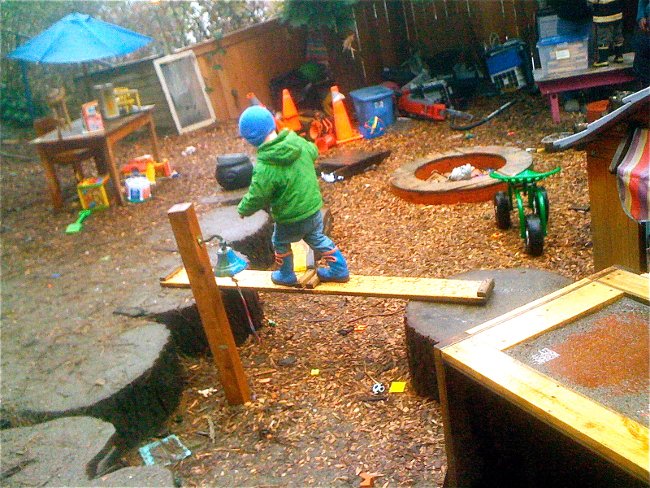
Let your children know how to be cautious, not make them afraid to stumble. They need to learn to stand up when they stumble, dust themselves and move forward.
When reminding them carefully, tell specifically why they need to do so. Explain the situation then and they need to do exactly what to be alert. Do not give them the vague and mistaken notion of danger.Tell them why this activity is dangerous, not limiting their choices . Please allow them to participate in that activity. Allow them to explore the boundaries and develop their own sense of alert.
By now you probably know, the phrase ' be careful ' is too vague, right?
Of course there is no problem with the phrase ' be careful ' when your intentions are pure. But children need more information. They need to know what they need to be alert to and what can happen if they're not careful.
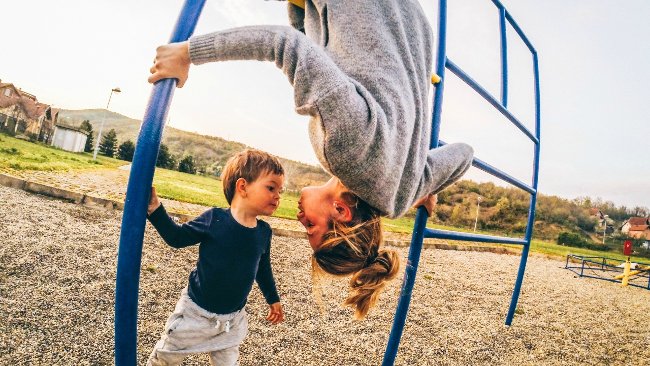
Here's what you can say to make your child have a better explanation:
- Focus on what you're doing.
- Be careful with strangers around you.
- Observe people nearby. Make sure everyone is having fun.
- Move slowly and carefully when near ___ .
- This stone looks quite heavy, can you handle it?
- Look around before throwing anything!
- * While climbing * Do you feel safe?
- Make sure your child has enough space before holding the stick.
- Hold one end of the stick on the ground.
- Do not run near the edge of the pool.
- Be careful with friends because not everyone is good.
- If your toy falls into the street, call the adult.
- Speak clearly with friends if you don't like the way they play.
- Pay attention while climbing to avoid falling.
- Let's go slowly .
Let them fall
They don't always listen to you. There are lessons they need to explore and explore. Give them the freedom to do that. Those who are willing to take risks are those who strive for success later in life.
See also: 8 important things that every father must teach his son
Having fun!
You should read it
- ★ 11 conundrums of children and this is the answer that every parent needs at times!
- ★ Even though the afternoon, the child was born easily but Vietnamese parents still did
- ★ How to talk and confide in your children effectively
- ★ Parents of smart, successful children often do 10 things!
- ★ 12 principles of teaching children of the Royal Family are worth learning